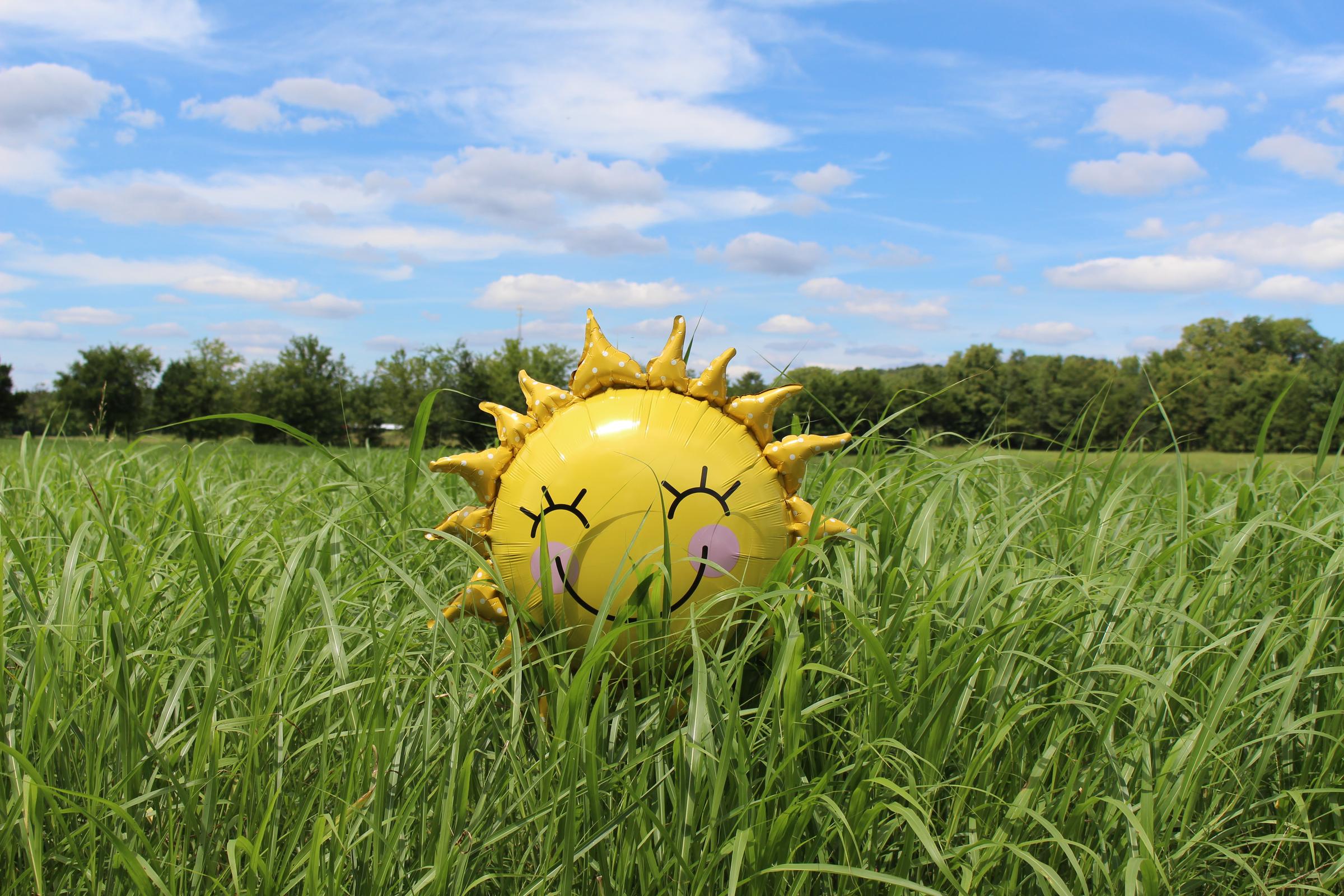Wellbeing
Wellbeing Team

Wellbeing
Wellbeing Team
THE IMPORTANCE OF VITAMIN D!
Children need Vitamin D for bone growth and development. So do babies developing in the womb. Vitamin D helps us absorb calcium. Serious Vitamin D deficiency in children can cause rickets, delayed motor development, muscle weakness, aches and pains and fractures. Vitamin D deficiency in adults has been linked to osteoporosis, some cancers, heart disease and diabetes.
Vitamin D and sunlight
Children need sunlight on their skin for their bodies to make Vitamin D. They get about 80% of their Vitamin D this way. Scientists aren’t sure exactly how much sun Australian children need for good levels of Vitamin D. But we do know that the amount of sun your child needs depends on where you live in Australia and the time of year. It also depends a bit on your skin colour. People with naturally very dark skin need 3-6 times more sun to make Vitamin D than the amount fair-skinned people need.
How much sun do children need to make Vitamin D?
In Adelaide, Hobart and Melbourne: from May to August, 2-3 hours per week should be enough. In summer, a few minutes most days of the week should be enough.
Be sun smart
No matter where you live in Australia, you have to be careful about how much sun children get on their skin. Too much sun can lead to sunburn, skin damage and even skin cancer. This is why it’s important to use sun protection.
Vitamin D and food
Most children won’t get enough Vitamin D from food alone. But food with lots of Vitamin D can add to the Vitamin D your child gets from sunshine. Foods naturally containing Vitamin D include fresh fatty fish (salmon, herring, mackerel and sardines), liver, mushrooms and egg yolks. Some foods have Vitamin D added to them. These include some low-fat dairy products, breakfast cereals and margarine. All infant formula contains Vitamin D. Exercise helps your child’s body make Vitamin D. Your child can make the most of being out in the sun by doing some daily physical activity outside.
Treating Vitamin D deficiency
Talk with your GP if you’re worried about your child’s Vitamin D levels, or if you’re pregnant and think you might have low Vitamin D. Your GP can order a blood test, which is the best way to check Vitamin D levels. For mild deficiencies, your GP might say that your child needs to get a bit more sun. If you or your child has a severe Vitamin D deficiency, your GP might say you or your child should take Vitamin D supplements, as well as getting more sun. If you or your child can’t get more sun, the GP might say that taking Vitamin D supplements is the best thing to do. You might take a Vitamin D supplement in one large, single dose, or you might take a supplement for several weeks or months.
Courtney Croxford (Adolescent Health Nurse)
* Article sourced from the Raising Children Network
CHARACTER STRENGTHS
Over the last two years the staff at Lilydale Heights College have received training in the Berry Street Education Model. One aspect they have recently learnt about is character strengths. Every person has strengths that are important in building wellbeing and resilience. Awareness of one’s own strengths can support students overcome challenges and find ways to succeed that work best for them.
There are many different ways to identify and improve your strengths. One way is to ask your parents, teachers, or other adults who know you well. Another way is to reflect on a recent situation that has been challenging or that you have performed well and identify the strengths that you used at this time. Staff at LHC have also been learning different ways to assist students in identifying their strengths and supporting students in using their strengths throughout their education journey.
If you’d like some assistance in identifying your strengths the following survey is free to access: https://www.viacharacter.org/survey/account/Register
For more information check out: https://high5test.com/strengths-of-youth/
Krissy Veerhuis (Mental Health Practitioner)